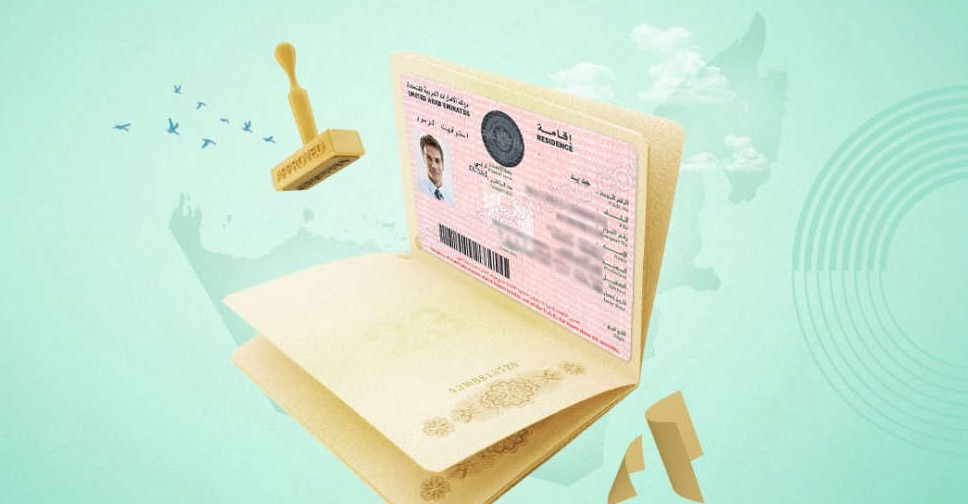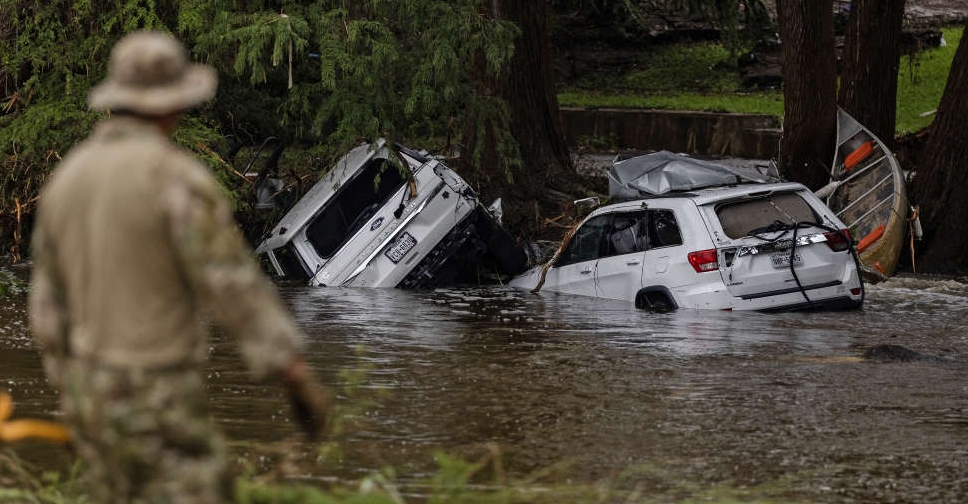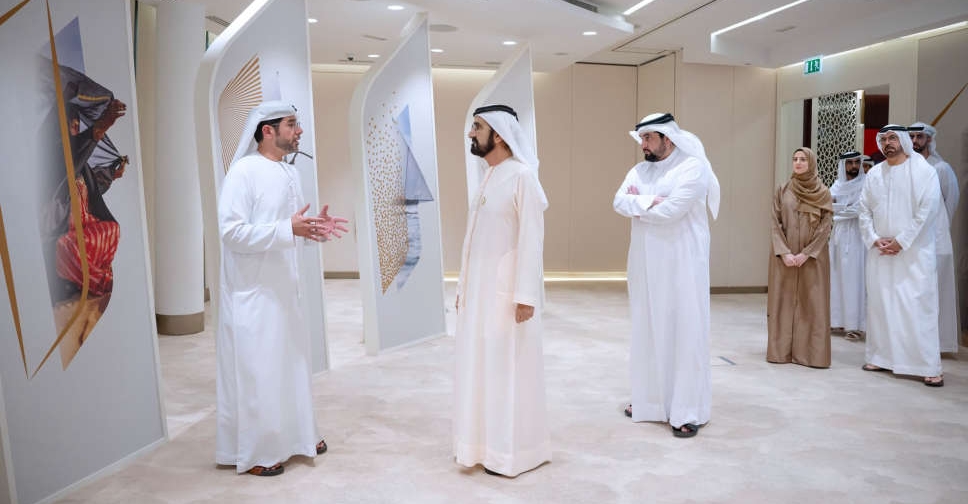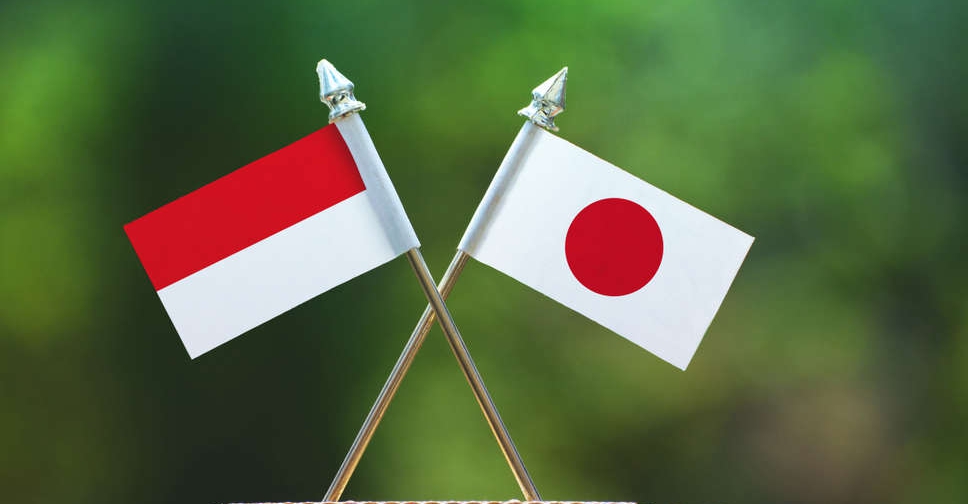
Indonesia and Japan have agreed on removing more trade barriers, Indonesia's foreign minister said on Saturday, after the two countries concluded negotiations on protocols to improve their bilateral economic agreements.
Japan will allow greater access for Indonesian products, including by removing tariffs on processed fishery items, and the two countries will improve relations in the banking sector, Minister Retno Marsudi said in a statement.
Both sides are looking for the amended Indonesia-Japan Economic Partnership Agreement (IJEPA) to be implemented by the first quarter of 2024. However, she added that it still needs to be formally signed and ratified by their respective parliaments after legal checks.
Retno's statement came after Indonesian President Joko Widodo held a bilateral meeting with Japanese Prime Minister Fumio Kishida on the sidelines of a Tokyo summit marking 50 years of ties between Japan and the Association of Southeast Asian Nations (ASEAN).
Indonesia's trade ministry previously said Jakarta had asked Tokyo to eliminate tariffs on its canned tuna exports during the negotiations, which were intended to build on the IJEPA first signed in 2007.
Jokowi, as the Indonesian president is popularly known, in his meeting with Kishida, also highlighted the importance of Jakarta and Tokyo's agreement on critical minerals as Indonesia tries to position itself as an important player in the global electric vehicle (EV) battery supply chain, Retno said.
She said that Japan has also provided Indonesia's coastguard with a patrol vessel worth 9 billion yen (AED 231.38 million) to help Indonesia increase its maritime capacity.
Earlier on Saturday, Japan and Malaysia signed a security assistance deal, including a grant of 400 million yen to boost Malaysia's maritime security, as Asian nations seek to counter an increasingly assertive China.
Jokowi and Kishida also discussed the conflict in Gaza, and the Indonesian president reiterated his support for a permanent ceasefire and sustainable humanitarian aid.


 Oil tumbles as OPEC+ hikes August output more than expected
Oil tumbles as OPEC+ hikes August output more than expected
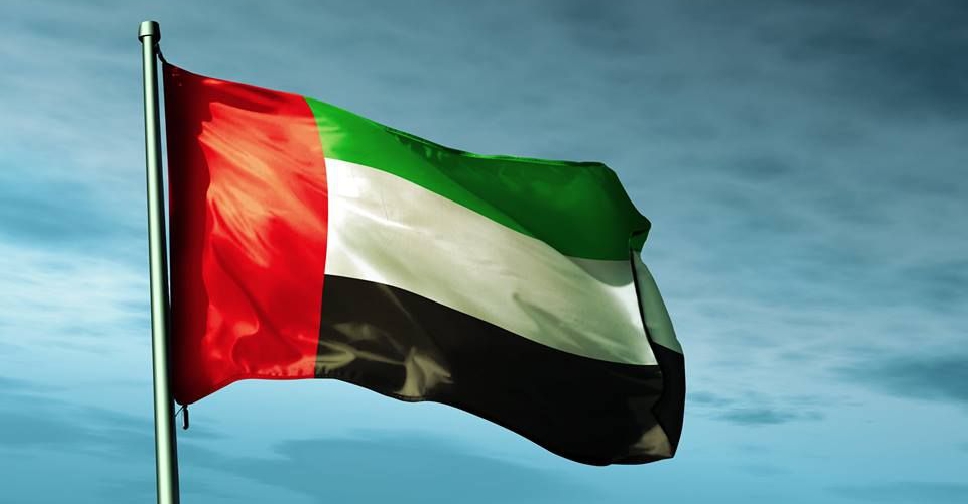 UAE ranks third globally in sovereign wealth assets
UAE ranks third globally in sovereign wealth assets
 OPEC+ speeds up oil output hikes, adds 548,000 bpd in August
OPEC+ speeds up oil output hikes, adds 548,000 bpd in August
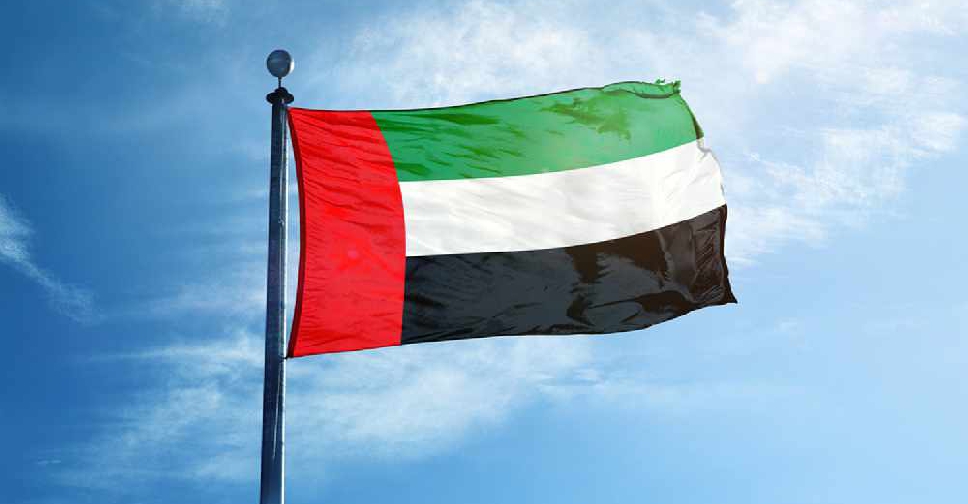 UAE emerges as global base for digital nomads
UAE emerges as global base for digital nomads
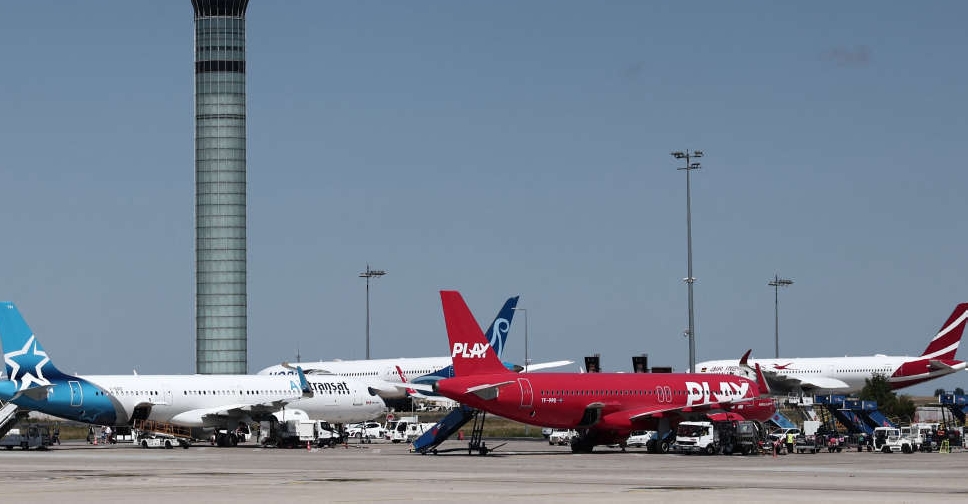 French air traffic controllers' walkout disrupts early summer travel
French air traffic controllers' walkout disrupts early summer travel
